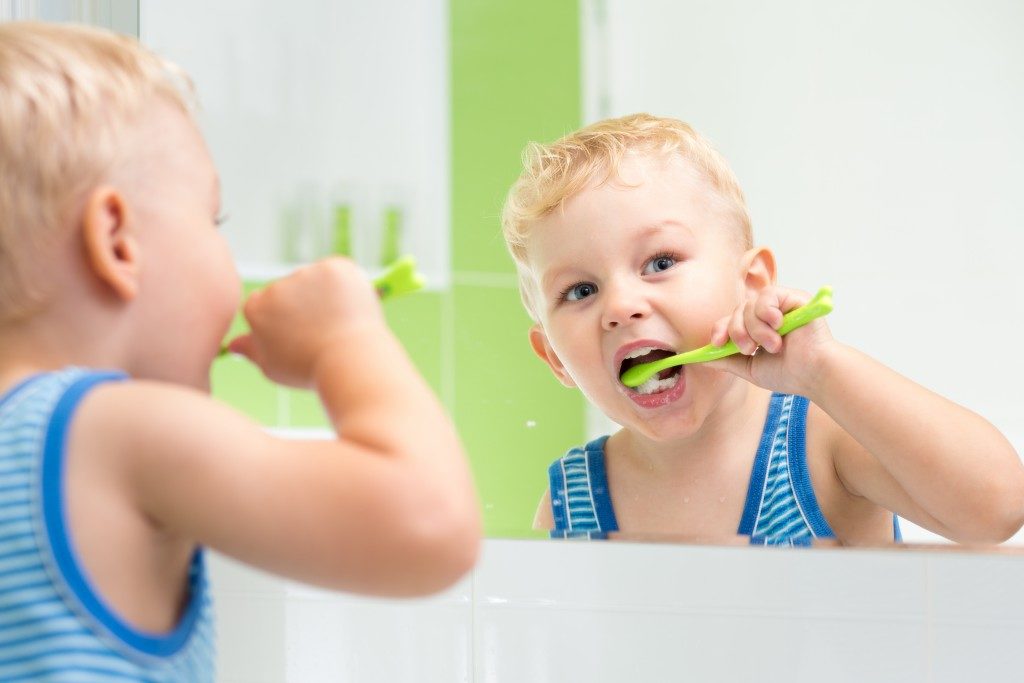You might notice a strange noise like two surfaces rubbing on each other when you peek into your child’s bedroom. This is, in most cases, an indication of tooth grinding in your child. Bruxism, as the condition is known, is a fairly common condition. It affects up to 30% of kids below the age of 11 years.
The condition is characterized by the rubbing of your child’s teeth when they are asleep. There is no clearly known reason for bruxism though it has been associated with nervous tension, misaligned bites, and cerebral palsy.
A pediatric dentist in Lehi should be the first person you consult if your child has bruxism. Few parents see no need for a dentist since most kids outgrow bruxism. By the time your child outgrows bruxism if ever, its effects on their dental health will be far-reaching.
The following are a few long- and short-term effects of bruxism on your kid’s teeth.
Tooth Sensitivity
With continued tooth grinding, the enamel on your child’s teeth is eroded. This exposes their inner layers to the elements in the environment.
The exposure of the nerve roots is evidenced as tooth sensitivity to hot and cold. This, in most cases, is the chief complaint for which parents will seek a dentist’s input.
Ear and Headaches
The teeth are connected to various facial features with many nerves and blood vessels. When your child grinds their teeth, there will be some irritation in the ears. The grinding will also trigger headaches and some level of facial discomfort.
The pressure of this nighttime habit on other facial structures is also responsible for the head, and earaches your kids will experience. If your child wakes up with complaints of ear and headaches, this might be a pointer to grinding of teeth during the night.
Dental Fractures
With continued bruxism, your child’s teeth will develop fractures. Though this initially results in tooth sensitivity, dental fractures will expose the inner teeth layers to microorganisms and other issues. The organisms will cause different dental conditions with the leading being dental decay.
If you do not address the decay or opt for OTC medications and home treatments, the microorganisms will enter your kid’s systemic circulation. Bruxism might thus be the primary contributor to infections that will prove hard to treat in your child.
Tooth Loss

The characteristic long-term effect of bruxism is the reduction of your child’s teeth to mere stumps. These are not only useless for your kid’s chewing but will compromise the teeth’s roots. The teeth will thus start falling off and leave the gums exposed to microorganisms and other elements.
At this stage, dental implants and various dental reconstruction treatments are the solutions for the protection of your child’s gums and to restore their mouth’s functionality.
Bruxism to most parents is something they can afford to ignore. Dentists will, however, get customized mouth guards for your child to protect them from the above effects of bruxism on their teeth.
If stress is the primary element contributing to bruxism in your kid, the dentist will recommend psychological treatments to avert the habit in your child.






